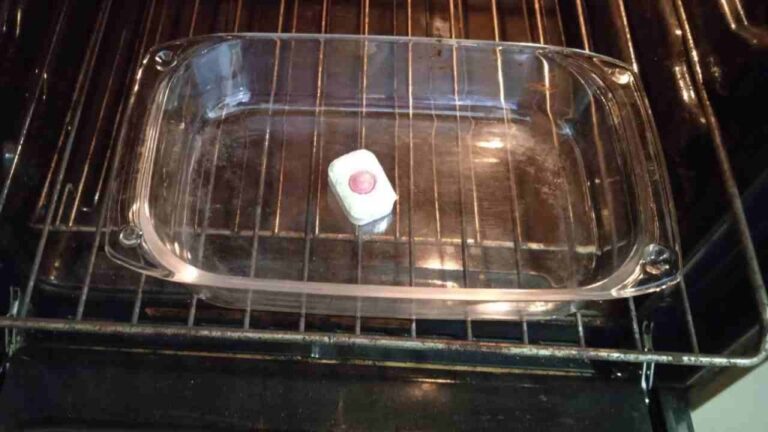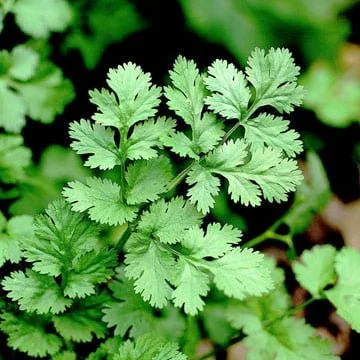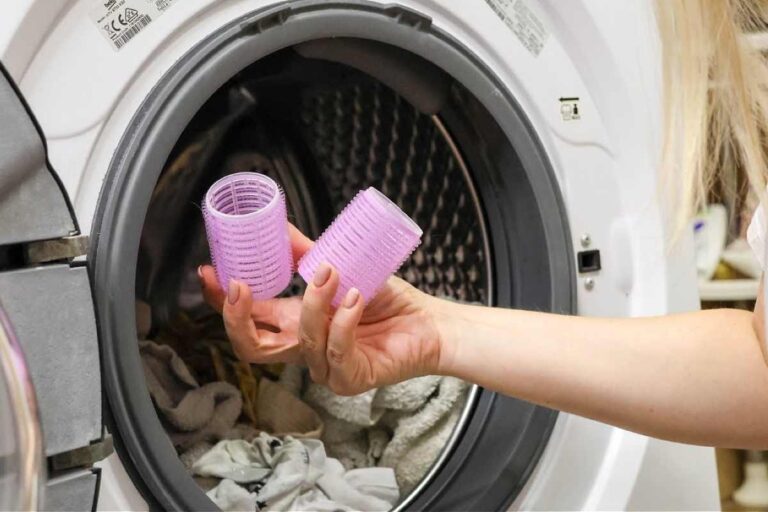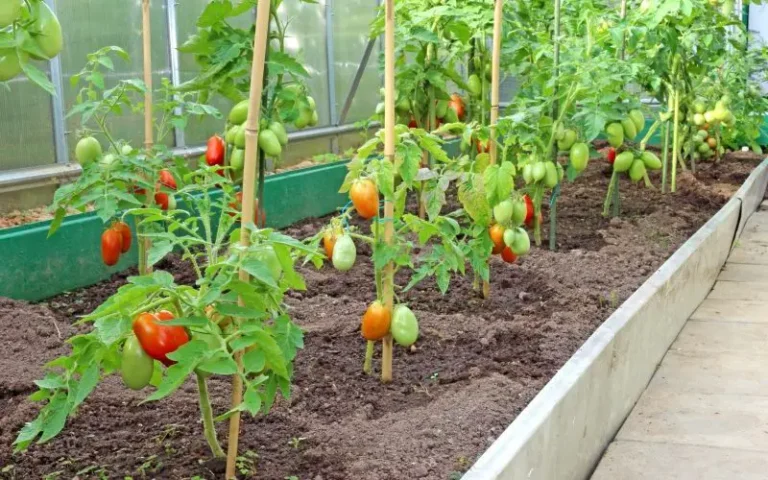Rust on radiators? Try it with a spoonful of this ingredient that is always in your pantry!
Rust on radiators is a very common problem, but it should never be overlooked!
Unfortunately, it happens, especially due to excessive condensation, in the bathroom or kitchen that rivulets of water then form along the edges. Hot air collides with cold air and turns into water vapor that slowly corrodes radiators.
A clear sign of this slow degradation is rust which, in the long run, can compromise the proper functioning of the radiators, as well as their presentability.
But to eliminate this problem, it is not necessary to contact a professional in the field. You can do it yourself. Rust on radiators is nothing more than metal oxidation and in the pantry you have everything you need to eradicate it.
Curious about how to proceed? Begin!
Rust on radiators? Try it with a spoonful of this ingredient that is always in your pantry!
Iron or metal alloys, once in contact with the oxygen in water, oxidize and a reddish patina appears that gradually enlarges until the surface is corroded: rust.
To remove it, however, a tablespoon of vinegar is enough thanks to its degreasing and cleaning properties.
However, before using it, clean the radiator well. Turn it off so you don’t burn yourself. In a bucket, pour warm water and Marseille soap. Soak a clean cloth, wring it well and start removing dust and dirt stains.
Dry it well, then take a sponge and soak it in a solution of half water and half vinegar. Now scrub the compromised area, trying to remove the rust. Then pass the brush, insisting carefully.
The vinegar will soften and dissolve the ferrous residue, after which you can use sandpaper to remove it completely. Wipe one last time with a cloth and dry well.
If you prefer, you can pour the mixture into a vaporizer and spray it directly on the radiator. Let it rest and after 3 hours you will find it as good as new!





